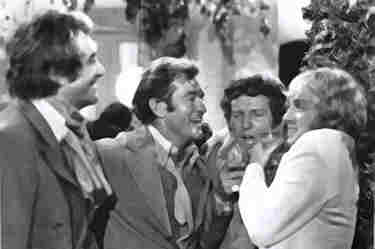

The Man Who Had Power Over Women
(1970)
Here's a late sixties time capsule set in Swinging London's music
industry. It's not a comedy, though, despite what some sources may say;
it's a straightforward drama touching on adultery and
abortion.
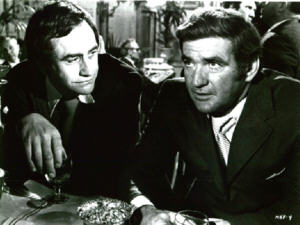
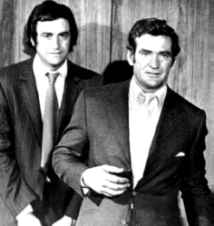
Rod Taylor plays the title character, a record executive with an unhappy marriage and a magnetic appeal for women. James Booth plays his co-worker and best friend, also unhappily married. Professionally both men are handlers for obnoxious pop star "Barry Black," who impregnates a young fan and callously disregards her plight. His label secretly pays for her illegal abortion. When Rod Taylor finds out, he's morally outraged...although he cheated on his wife before she left him, and he eventually seduces James Booth's wife. (Not that seducing her is that hard; after hearing that he's insatiable about sex, she obsesses about him and clearly wants to sleep with him.).
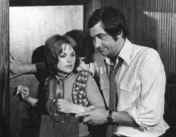
At first we feel sorry for cuckolded Booth. But then we see him lie to his wife and to Taylor, palming them off on each other so he can bed another woman (who later complains that the sex wasn't very good). Thus exposed as someone who couldn't make his wife happy and didn't really deserve her, Booth is conveniently killed off when a truck overturns, crushing him beneath an avalanche of toilets. (Of all the ways Booth dies in his many films, this has got to be the worst.) The pregnant fan conveniently dies of complications from the abortion. Obnoxious Barry conveniently gets his just deserts in the end by a happy, cliché accident. Rod Taylor and Booth's widow, soulmates and deeply in love, are now conveniently free to be together.
Though the film wants to look somewhat cool, it isn't quite cool enough to give us an attractive or authentic rock star. Instead it gives us a cheezy little wanker, a plastic teenybopper-idol type, as the centerpiece of a lesson about youth culture's corruption (a popular theme at the time).
So is there anything hot about his movie? Actually, yes. In the adulterous bedroom scene, we see Booth nude from the rear. (This is, to my knowledge, the only time Booth appears nude in any of his films.) He looks good. Also, there is a slight suggestion of homosexuality in the friendly feelings of Booth's character toward Taylor's. Booth gives a very subtle performance in which he suggests a closeted, unrequited crush on a straight friend. (Booth's character is physically affectionate with Taylor's, and in his will he writes of loving his friend "without shame.")
Text copyright Diana Blackwell 2002.
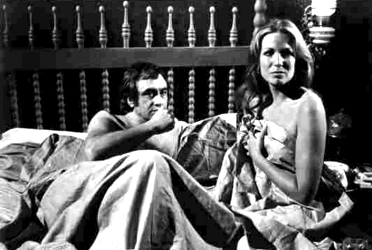
Appendix
Publicity materials from pressbook